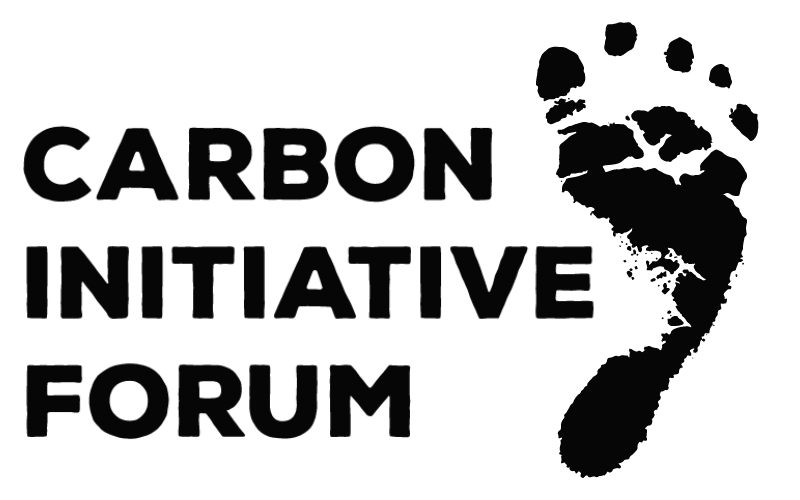
Meat Consumption: Climate Crisis on the Menu
- contact842557
- Mar 16, 2021
- 4 min read
Updated: Apr 10, 2021
Written by Anoushka M. Marak | Header Photo credit: bbc.com
It is common knowledge that the burning of fossil fuels is one of the major reasons for climate change. But did you know that the meat that you consume, contributes significantly to the ongoing climate crisis? Meat or more specifically ‘industrial meat’, is bad for the planet. Let me throw some light on how animal agriculture and its by-products account for around 15% of global emissions. The best example is cows, since beef has the biggest environmental impact more than any other food we eat. About 1.4 billion cows walk the face of the Earth.
Each cow emits approximately 250 litres of methane every day as they digest their food. Methane is a potent greenhouse gas that traps heat in our atmosphere. The production of beef releases more greenhouse gases into the atmosphere than any other meat. These 1.4 billion cows expelling methane are responsible for a tenth of all human-related emissions. Some of that is from dairy cows but most of it comes from cows raised for their meat. Moreover, it takes up a lot of lands to grow food for cows. More than a quarter of all land on earth is used in growing food for those cows. As a result, beef is one of the top drivers of deforestation. Isn’t it now evident that apart from causing various health risks, beef also has dangerous environmental impacts?
The industrial meat system calls for a massive amount of land to support itself. As per the Food and Agriculture Organization (FAO), global livestock accounts for the release of 7.1 gigatons of CO2 equivalent per year. Industrial meat is the single biggest cause of deforestation globally. Forest fires are set deliberately to clear land for cattle ranching and to grow enough crops to feed billions of farm animals. Trees are carbon trapping wizards as they pull CO2 out of the atmosphere. Cutting down trees or destroying forests to produce industrial meat, allows CO2 to make its way back into the atmosphere which accelerates global warming. Furthermore, the meat system is also responsible for occupying the lands of the indigenous people. Land grabbing becomes violent in many cases and people have been killed in these conflicts.
It is killing wildlife too. The meat industry is, in a way, contributing to the extinction of thousands of undiscovered species by destroying habitats and using toxic pesticides to grow food for animals. The rapid loss of biodiversity, largely driven by industrial farming is a threat to our existence as is climate change. It also increases the risk of future pandemics - coronavirus is just the beginning. This environmental impact will likely worsen due to rising meat consumption, driven by a growing population.
What Can We Do?
For the past few years, words like global warming, soil pollution, water pollution, climate crisis, etc. have become a part of our daily language and we are now more conscious of our actions and their impacts on the environment. The adversities being faced by the environment is forcing consumers to re-evaluate their consumption patterns. Being aware of how the food system works and being more conscious about the food you eat and where it is sourced from will help you reduce your carbon footprint. This understanding of the environmental impacts of meat consumption has fuelled the vegan movement.
Ilmi Granoff from the Overseas Development Institute in the U.K. has urged officials to forget about coal and cars because the “fastest way to address climate change would be to dramatically reduce the amount of meat people eat.” It is believed that veganism can help reduce up to 50% of an individual's carbon footprint, given that a plant-based diet places less stress on the earth’s fast-depleting resources than an animal-based one. There is a recent increase in everything vegan, be it plant-based dairy substitute, meat substitute; there is a rise in vegan cafés and restaurants too.
Huge reductions in meat consumption are essential to tackle climate breakdown. Not everyone has the luxury to choose a vegan diet; poverty is a huge obstruction to potential vegans. Healthier food can be more costly to low-income families. Also, a vegan diet likely leaves vitamin deficiencies in some people because all bodies may not assimilate the vegan diet optimally.
However, one does not need to steer clear of meat altogether to help tackle climate change. Flexitarianism or 'casual vegetarianism' is an increasingly popular eating regime that includes the increased intake of plant-based food without eliminating meat. Changes to more sustainable dietary patterns are needed to reduce the environmental burden.
Halving food waste and improving farming is as important as changing one's diet plan. Silvopasture is a farming method that has the potential to relieve some of the planet’s biggest environmental problems. It is a practice that combines the process of raising livestock with the activity of planting trees and growing crops. The main idea behind silvopasture is that raising livestock, planting trees, and growing food is not mutually exclusive activities, but all part of the same system. Animals produce waste materials that can be beneficial for plant growth. Animals also emit harmful amounts of methane that grasslands help absorb.
The impacts of climate change are detrimental and if we do not take small steps or collective action today, then we will be facing an existential threat very soon.
Curious to calculate your carbon footprint?
Visit the official website of the Carbon Initiative Forum to calculate your carbon footprint. Know your impact on the planet and make sustainable life choices!


Comments